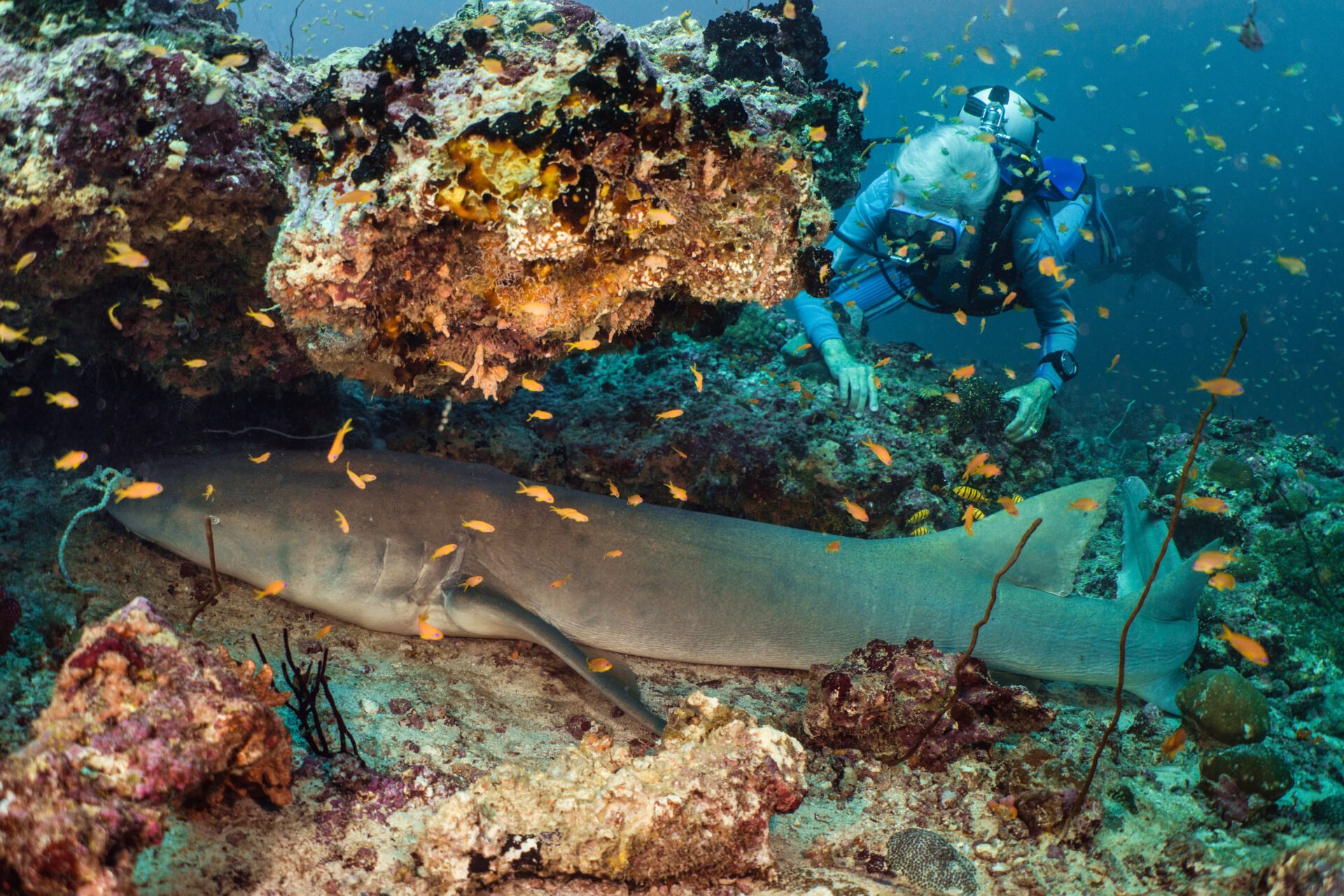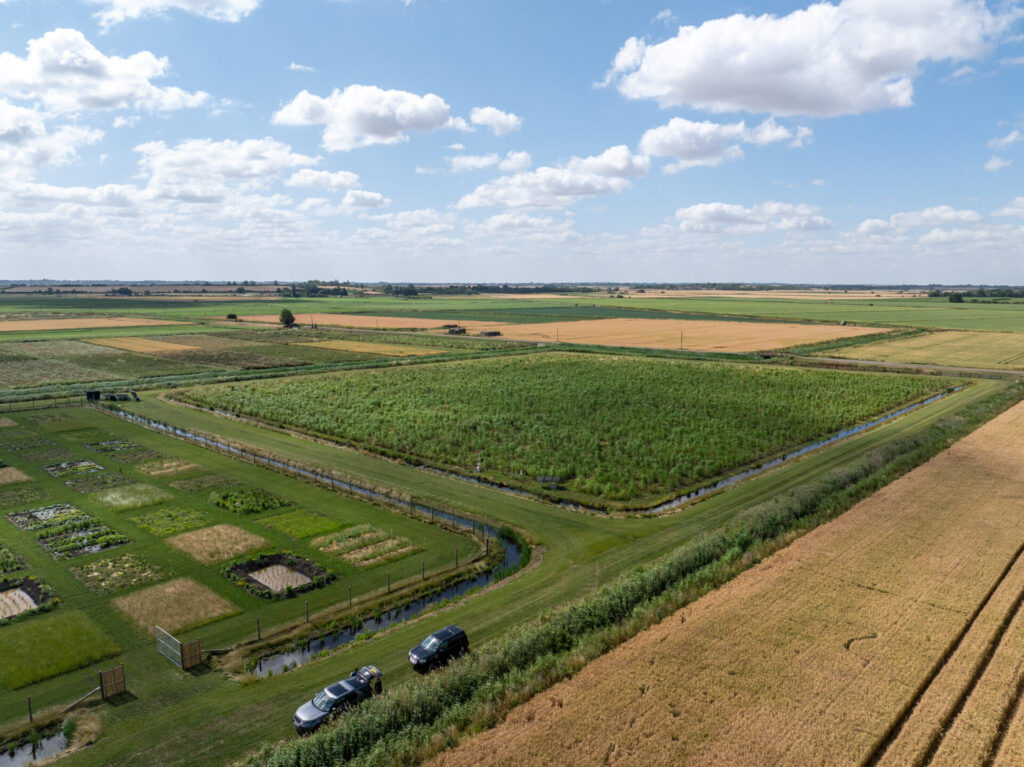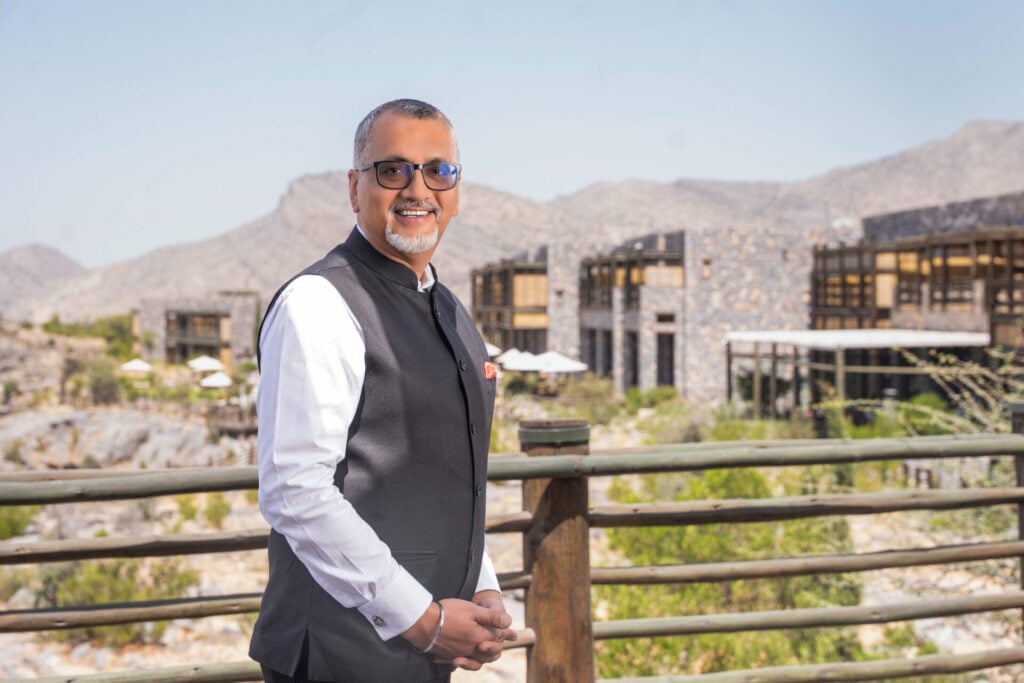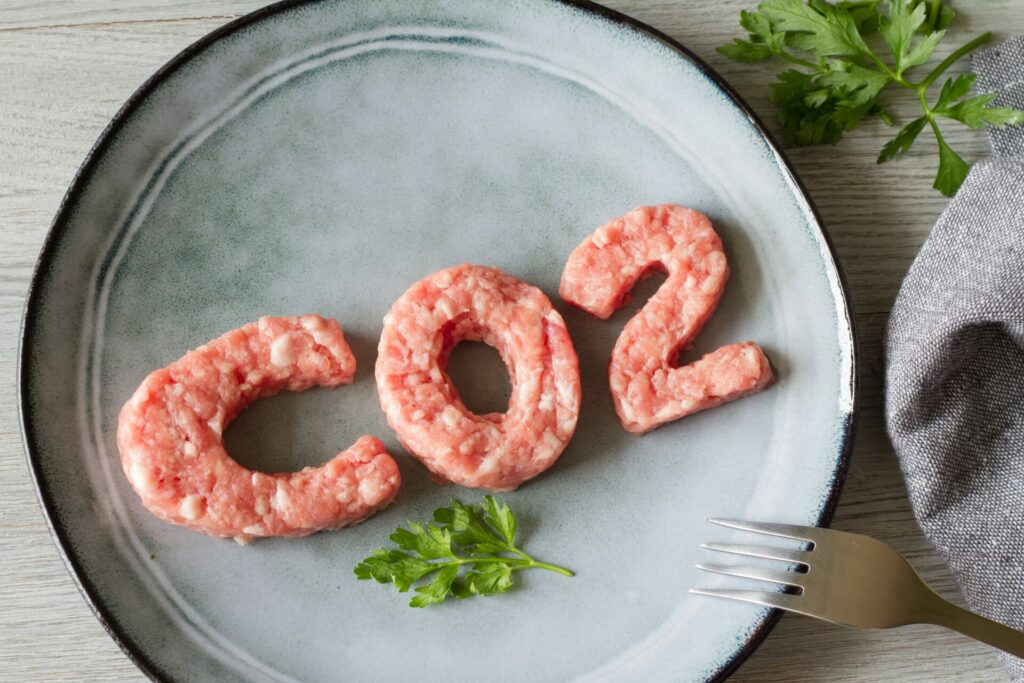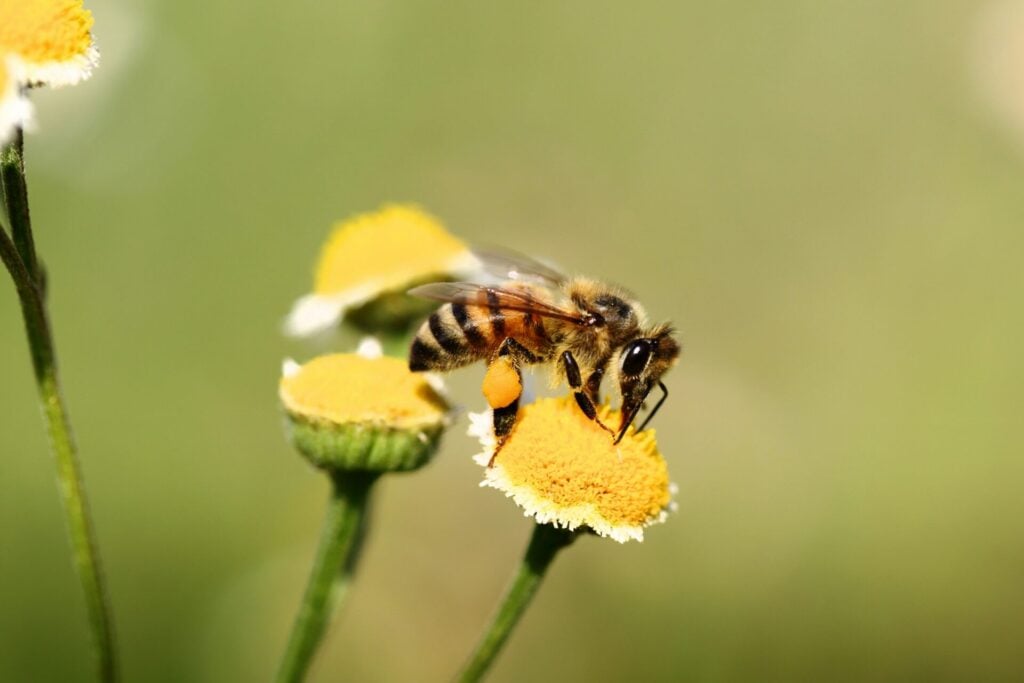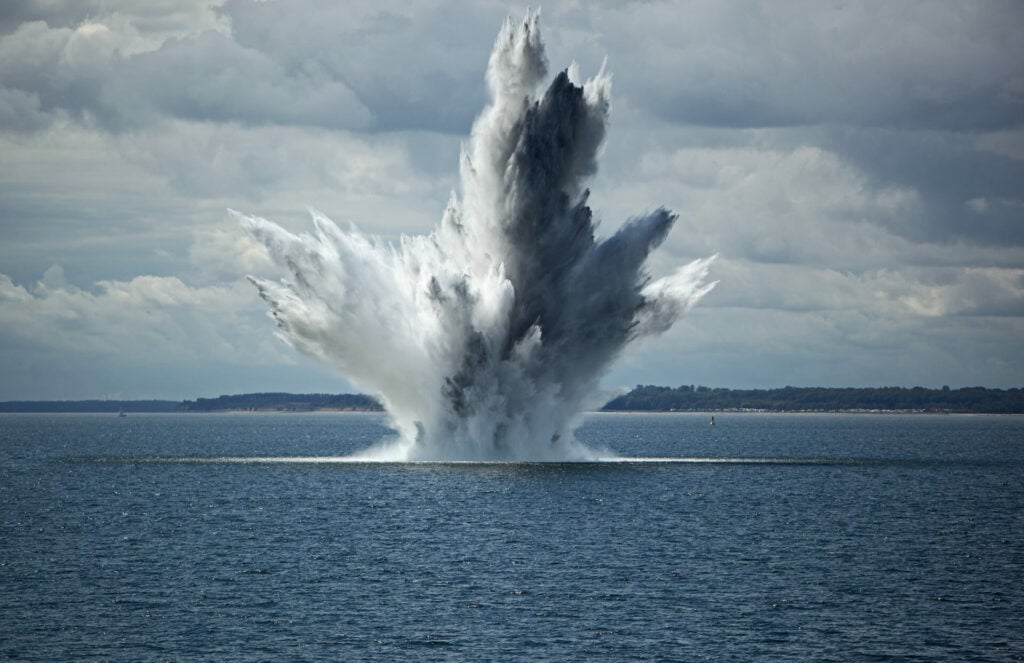From the moment Jean-Michel Cousteau put on his first SCUBA gear as a seven-year-old child, fitted by his father, Jacques Cousteau, the legendary oceanographer who pioneered underwater filmmaking and invented the diving costume, he was tied to the ocean.
Jean-Michel grew up immersed in ocean exploration and today he continues this legacy, leading Ocean Futures Society, a conservation and education organisation, as well as inspiring the world to protect our planet’s precious marine life and ecosystems.
Among many of the oceanographic explorer’s achievements was the reintroduction to the wild of Keiko, the famous orca from the 1993 blockbuster movie Free Willy. Jean-Michel played a key role in the complex mission of transporting Keiko from a marine park in Mexico back into the North Atlantic Ocean near Iceland, after years in captivity. Flying an orca across continents was no small feat, but for Jean-Michel, it was just part of his mission to save marine life.
Now 87, and with decades of conservation work behind him, Jean-Michel is about more than just saving individual animals though. His focus is on educating future generations to develop sustainable relationships with the ocean.
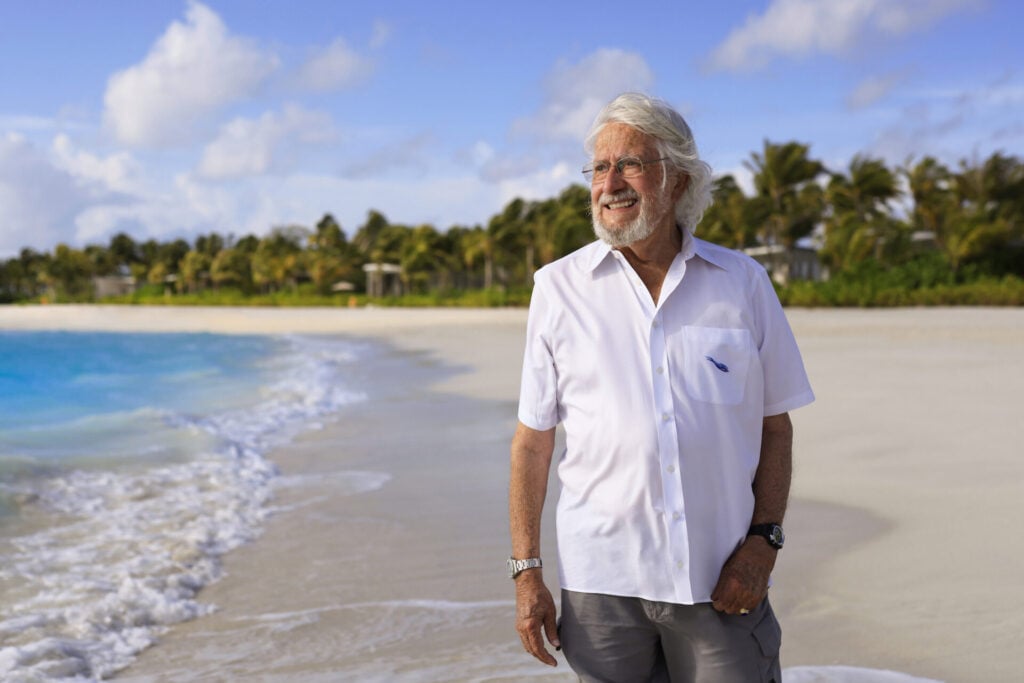
The Ethicalist caught up with Jean-Michel Cousteau for an interview at the Ritz Carlton Maldives, Fari islands, where he runs a guest environmental programme, to discuss his journey, his father’s influence, and his vision for the future of our oceans.
The Ethicalist: Why did you start the incredible Ambassadors of the Environment Program here and what do you hope to achieve with it?
Jean-Michel Cousteau: All my life, I’ve had the privilege of connecting with people who love the ocean. I grew up along the coastline in the South of France, and I was in the water every day lifting rocks, and discovering sea life. Those experiences shaped my passion. I want to share that joy of discovery with young people today. We depend on the ocean, and I hope to help the next generation understand that, even if they live far from the coast. Every human is connected to the ocean in some way.
It’s crucial for young people to realise their actions matter because they’re the future decision makers. The world has changed since my childhood, but our dependence on the ocean remains
It’s crucial for young people to realise their actions matter because they’re the future decision makers. The world has changed since my childhood, but our dependence on the ocean remains. This programme gives young people the tools to make better decisions for the planet.
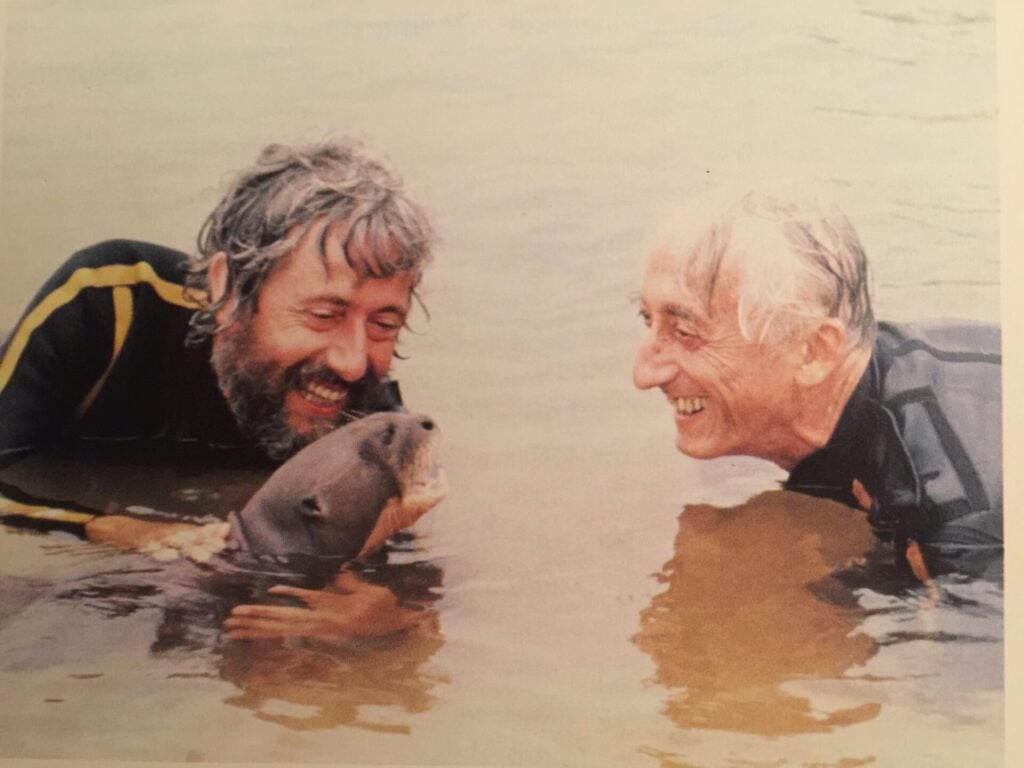
The Ethicalist: What was it like growing up with such an iconic figure, Jacques Cousteau, as your father?
My father was in the French Navy and was always fascinated by the ocean. He and his friends were some of the first to develop SCUBA gear. I was just seven when he put a tank on my back and took me diving. My mother was the first woman to wear SCUBA gear, and we would dive as a family on weekends. Those early experiences cemented my love for the ocean. Now, at 86, I still feel that same excitement every time I go underwater.
The Ethicalist: What are the biggest threats facing our oceans today?
There are many threats today but one of the most significant is the decline of marine mammals such as dolphins, whales, and sea lions. These creatures are warm-blooded like us, and they play a critical role in ocean ecosystems. What we’re learning now is that these animals help regulate CO2 and oxygen levels in the ocean, which contributes to the air we breathe. But in the past, we didn’t know this, and we made terrible mistakes, hunting them, and depleting their populations. Some countries still do this for profit.
Now we’re learning from nature, realising how interconnected everything is. We must protect these creatures to protect ourselves. The problem is that marine mammals are still under threat from industries that don’t understand or care about this delicate balance.
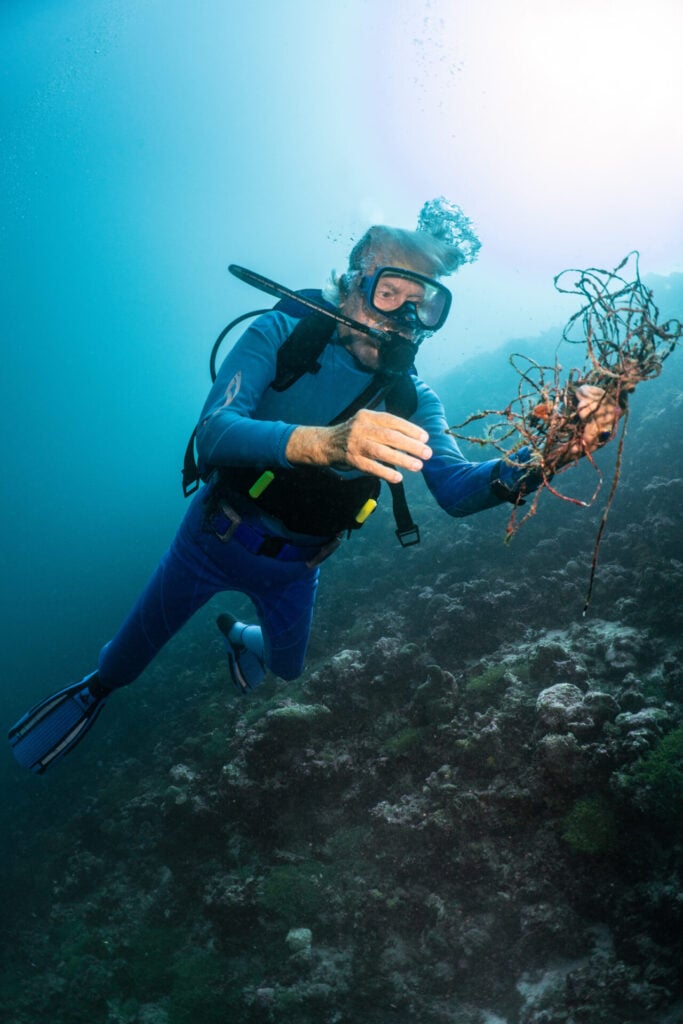
The Ethicalist: How did you become involved in the release of Keiko, the orca from Free Willy?
Keiko’s story was truly extraordinary. This was a whale who had spent most of his life in captivity, being trained to perform for movies, but behind the scenes, he was living in a small tank in Mexico City. The conditions were far from what an orca should experience. So, when the opportunity came to give him a second chance at life in the wild, we couldn’t not do it. It wasn’t easy though – it required coordination, patience, and faith.
The logistics were challenging from the very beginning. We moved him from Mexico City to a more suitable rehabilitation facility in Oregon, and there, he began the long process of learning to be a wild orca again. We had to teach him basic survival skills: how to hunt for fish, and how to interact with other orcas. They are highly social animals, and after being in captivity for so long, Keiko had to relearn how to function back in a natural environment.
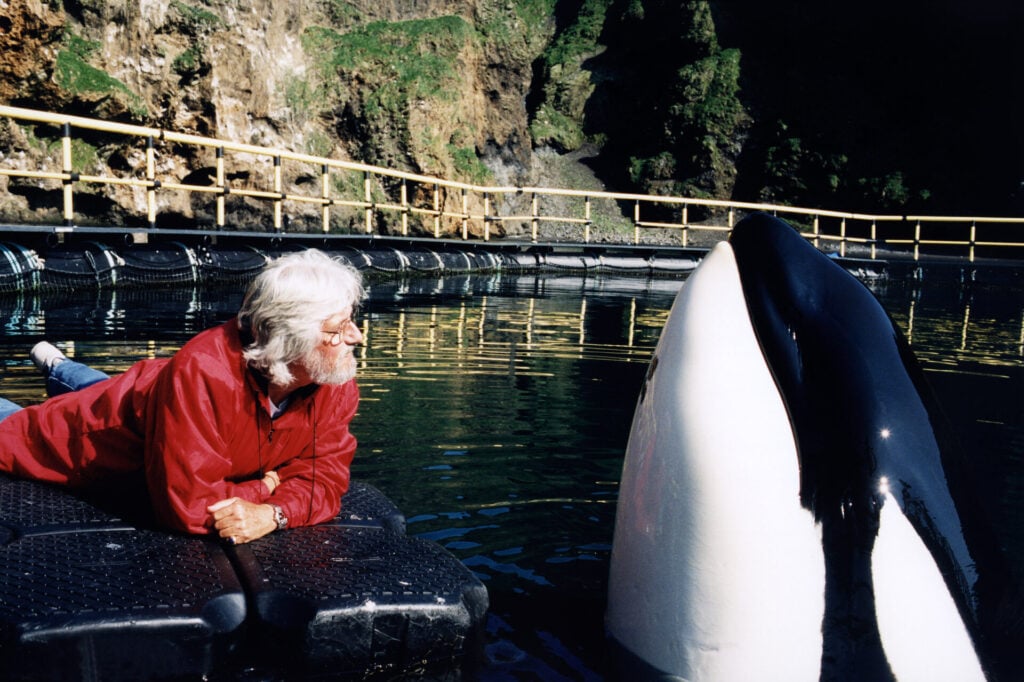
The most remarkable part came when we transported him to Iceland, the waters where he was originally captured. The U.S. Air Force helped us with the transport, flying him in a specially designed container – it was no small task to move an orca like that! Once in Iceland, he was kept in a sea pen in Klettsvik Bay where he was slowly introduced to the wild again.
I remember one Sunday morning, after years of rehabilitation, we saw Keiko with a group of wild orcas. Then, he just swam away with them. It was such an emotional moment. It was the culmination of years of hard work, and to see him integrate back into the wild like that was incredible.
One of the most important things people can do is to understand how connected we all are to nature. The air we breathe, the water we drink – it’s all part of the same system, and we need to take care of it.
It’s rare for a marine mammal in captivity to be rehabilitated and released successfully, and Keiko’s story became a symbol of hope for many. We’re trying to replicate that success with other marine mammals, but every animal is different, and each situation presents unique challenges. But Keiko’s release showed us what’s possible when we’re dedicated to giving these magnificent creatures the life they deserve.
The Ethicalist: Many people feel overwhelmed by the scale of environmental problems. What would you say to those who think they can’t make a difference?
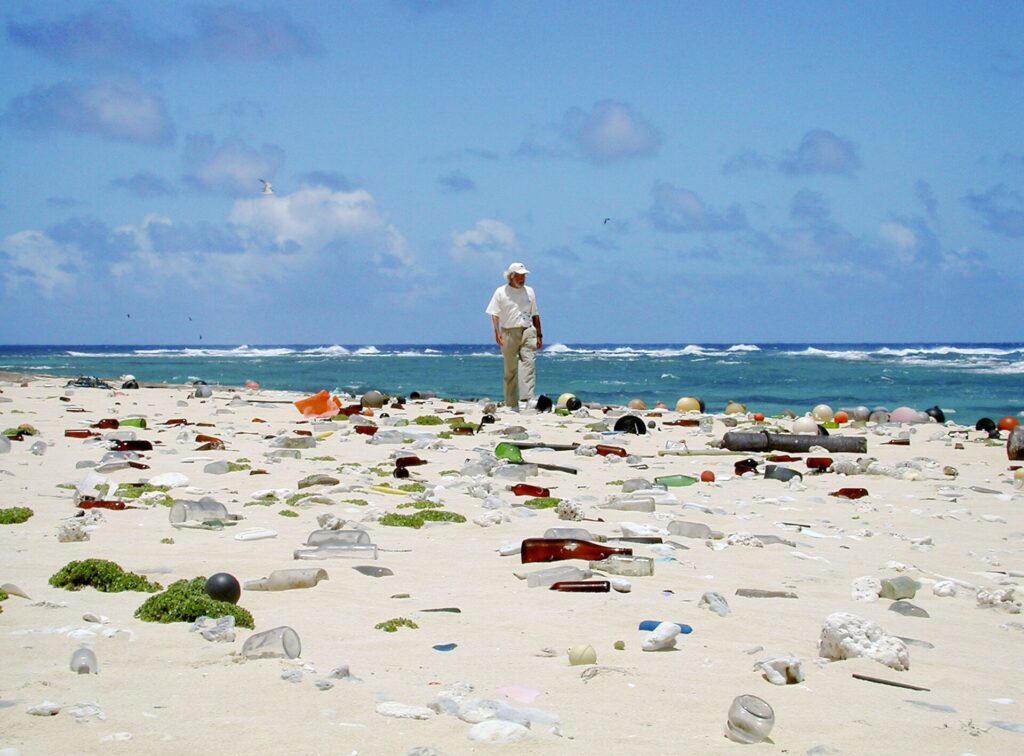
The first step is education. You need to learn about the issues, and that’s what Ambassadors of the Environment is all about, giving young people the knowledge to make better decisions. But it’s not just about children. Adults need to get involved, too.
Small steps matter. Whether it’s reducing your plastic use, eating sustainable seafood, or supporting conservation efforts, everyone can do something. One of the most important things people can do is to understand how connected we all are to nature. The air we breathe, the water we drink – it’s all part of the same system, and we need to take care of it.
The Ethicalist: Who are your personal environmental heroes?
There are many, but one person who stands out is Dr. Sylvia Earle. She’s an incredible marine biologist and has done so much for ocean conservation. We’ve dived together and she still inspires me with her dedication to protecting marine ecosystems. I also admire people like Ted Turner, who used his resources to help us make films about the Amazon River and raise awareness of the importance of freshwater systems.
The Ethicalist: Looking back on your career, what are you most proud of?
I don’t look at my achievements in that way. Every dive is an opportunity to learn something new. I’m proud of the work we’ve done to protect marine mammals, but there’s still so much more to do. I always tell people that my best dive will be the next one because there’s always something new to discover. The ocean is full of surprises.

